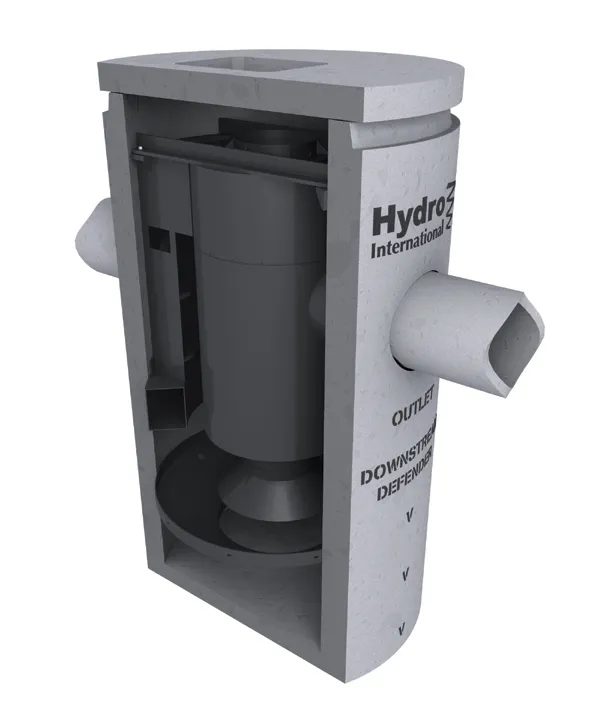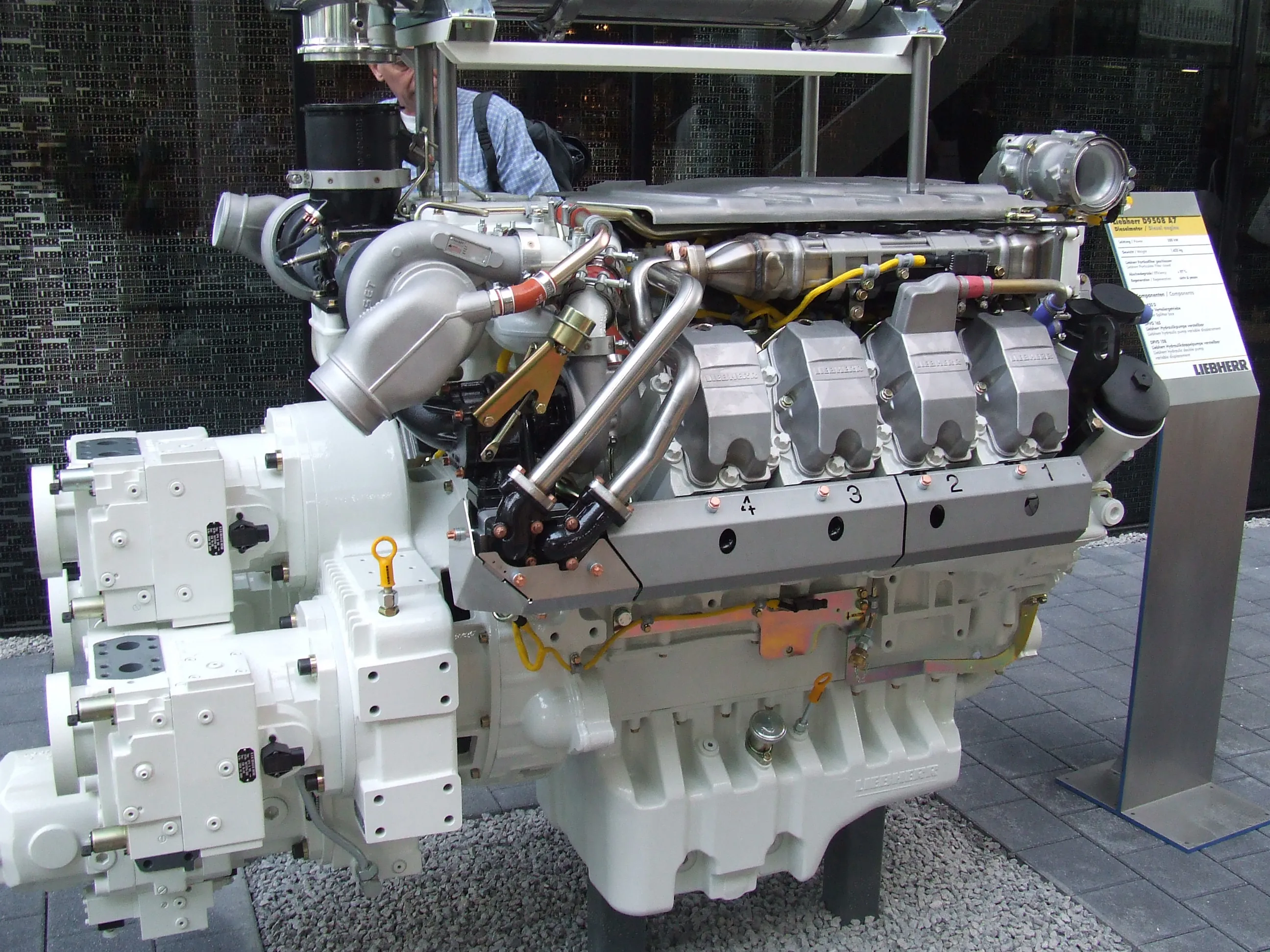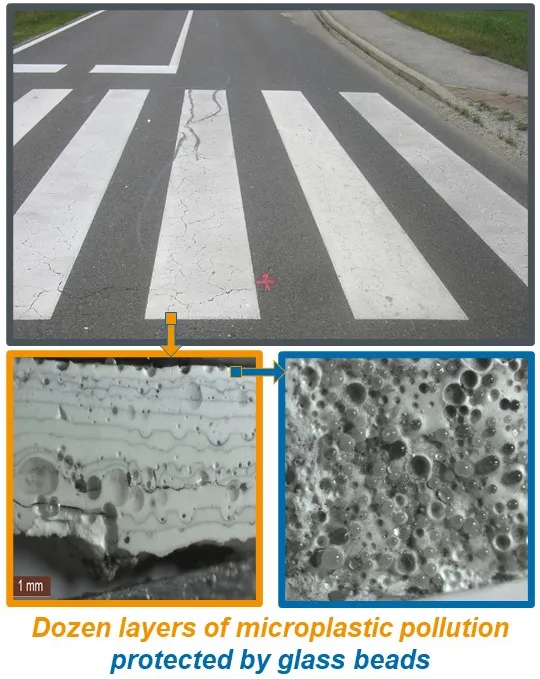A new system for reducing the risks of road water run-off contamination is now available from HYDRO International. The firm's new Downstream Defender is said to be an advanced hydrodynamic separator and is designed to meet tough new European regulations for treatment of suspended solids and pollutants in surface water run-off.
February 17, 2012
Read time: 2 mins

A new system for reducing the risks of road water run-off contamination is now available from 1402 HYDRO International. The firm's new Downstream Defender is said to be an advanced hydrodynamic separator and is designed to meet tough new European regulations for treatment of suspended solids and pollutants in surface water run-off. The product is said to offer greater design flexibility with optimum efficiency and minimal maintenance.
The company says that this can achieve over 80% removal of grits, silts and oils in a smaller footprint than conventional gravity or swirl-type devices. The system suits applications for increased treatment of run-off from roads, car parks and developments. According to the company, conventional alternatives do not provide protection against stored solids and pollutants from being flushed out during intense storms. However HYDRO International's new product is able to prevent re-entrainment (or washout) during peak storm conditions. This product also allows a user to change outlet pipe direction as needed, without the need to construct a second manhole.
The Hydro Downstream Defender is expected to be used increasingly to treat run-off from impermeable surfaces where there is a build-up of sediments, floatables and petroleum products such as highways, car parks and industrial areas. It is said to be effective at removing and retaining sediments that carry adsorbed chemical pollutants, metals and hydrocarbons. Downstream Defender is also ideal for use as part of a treatment train solution for SUDS schemes, as an alternative to a sediment forebay, or to provide protection for a detention basin or pond. The Hydro Downstream Defender comprises a reinforced concrete chamber with internal polypropylene components and no moving parts. The unit is designed to induce a rotational flow pattern with a low headloss, achieving a long, stable flow path to maximise separation of solids, floatables and oils within a small footprint.
The company says that this can achieve over 80% removal of grits, silts and oils in a smaller footprint than conventional gravity or swirl-type devices. The system suits applications for increased treatment of run-off from roads, car parks and developments. According to the company, conventional alternatives do not provide protection against stored solids and pollutants from being flushed out during intense storms. However HYDRO International's new product is able to prevent re-entrainment (or washout) during peak storm conditions. This product also allows a user to change outlet pipe direction as needed, without the need to construct a second manhole.
The Hydro Downstream Defender is expected to be used increasingly to treat run-off from impermeable surfaces where there is a build-up of sediments, floatables and petroleum products such as highways, car parks and industrial areas. It is said to be effective at removing and retaining sediments that carry adsorbed chemical pollutants, metals and hydrocarbons. Downstream Defender is also ideal for use as part of a treatment train solution for SUDS schemes, as an alternative to a sediment forebay, or to provide protection for a detention basin or pond. The Hydro Downstream Defender comprises a reinforced concrete chamber with internal polypropylene components and no moving parts. The unit is designed to induce a rotational flow pattern with a low headloss, achieving a long, stable flow path to maximise separation of solids, floatables and oils within a small footprint.









